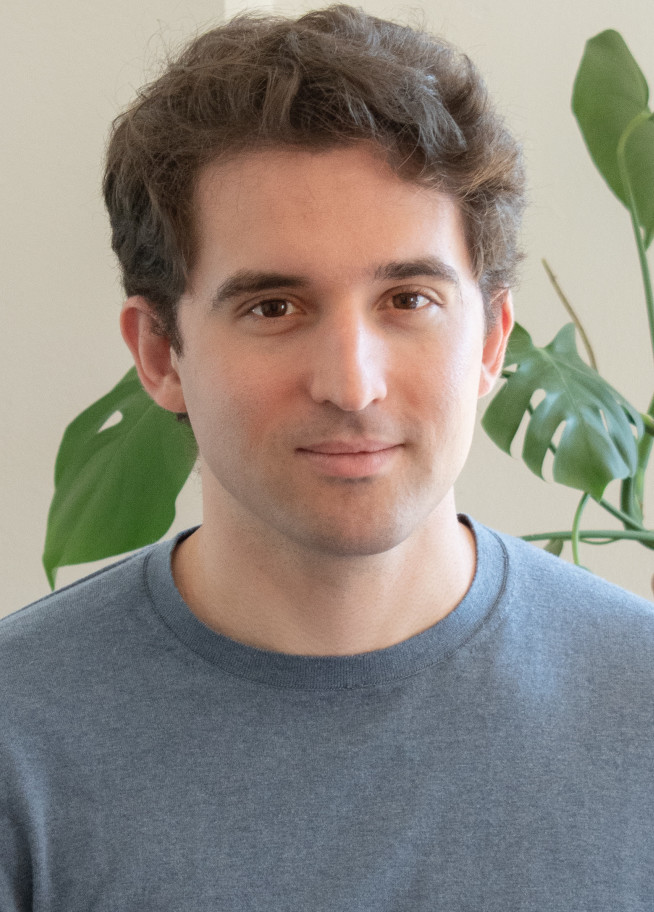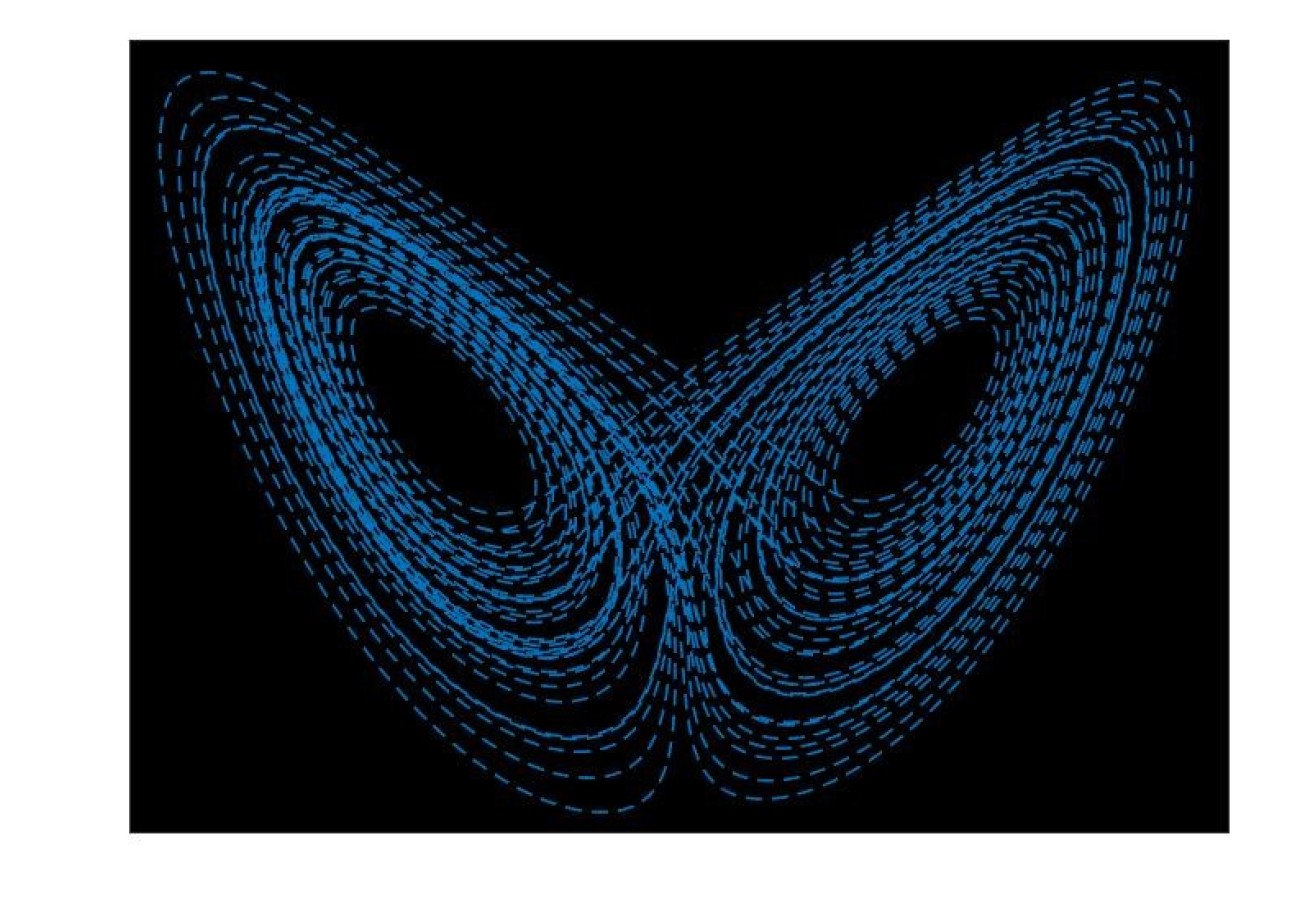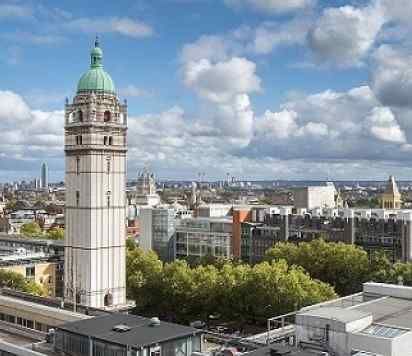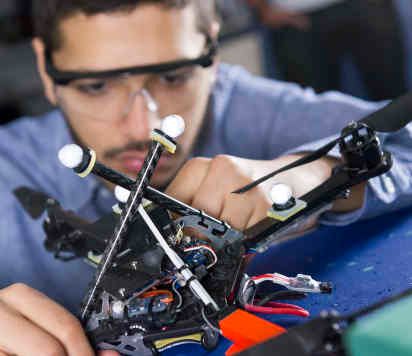Kyriakos' research focuses on Sensitivity Analysis and Uncertainty Quantification of Chaotic Systems.
Background

“I studied Mechanical Engineering at the National Technical University of Athens. I worked for four years as a Research Associate, where I also trained in Computational Fluid Dynamics and Uncertainty Quantification at the Parallel CFD & Optimization Unit under Professor Gianakoglou. So my background is in engineering with a focus on computational mathematics and CFD. I joined Imperial in 2018."
Research
“My research aims at producing mathematical and computational techniques for studying the effects of real-world uncertainties in physical systems around us, particularly those that are incredibly hard to predict. As an example, weather systems can be notoriously hard to predict accurately, with small errors in measurements resulting in very large deviations between reality and prediction. My research is focused on finding ways to take into account the effect of such errors and uncertainties in real-world systems, in order to improve our predictive capabilities.”
“Most of the physical phenomena we encounter around us display chaotic behaviour, to one degree or another. The way the air flows around a car is chaotic. The weather is chaotic, and so is the behaviour of stocks and index funds. This means that their behaviour can be highly unpredictable, even if we know the physical law that is underlying their behaviour. The techniques we are trying to develop aim at making these highly unpredictable systems slightly more predictable so that we can better understand their behaviour and design useful products around them. I choose to focus on applications that have to do with fluid mechanics and weather models in my PhD, but I am developing these techniques hoping that they will be useful to other applications as well."
“I thought of this as a fantastic way to tackle unsolved problems in computational mathematics and chaos theory, and really challenge myself to improve. No one stops you from doing this on your own, but throughout the PhD, I have been provided with incredible infrastructure for such an undertaking. At Imperial, it is a very good environment for doing high-level research, with world-class academics advising you. There’s also access to a lot of resources that are not easily accessible to individual researchers.”
“In future, I want to start my own business, providing R&D services to the industry, with the goal of bridging the gap between academia and industry in the field of computational mathematics.”
Life at Imperial
“I enjoy the fact that most days I get to tackle a difficult research problem, that in order to solve it, I need to give my best effort in improving myself. The PhD is mostly an endeavour of perseverance, where you have to navigate the uncertainties that result from doing research in a field that has not really been explored to a depth before. This can be both daunting and fun, and I think there are very few jobs that offer similar intellectual excitement.”
“The most challenging thing for me is the money. I find that the stipend (President's Scholarship) is enough to cover my month-to-month expenses, but I don't manage to make any substantial savings off of that. So to save up for the future, parallel to my PhD I have been doing various part-time consulting gigs to save up for the future.”
“I would advise my younger self to maybe take a larger break between my undergrad and my PhD. I was 23 years old when I started, and I only took three weeks off! There was no need for the rush.”

“London is a fantastic city to study and live in, especially if you were not born in the UK. Most people here are from all over the world and are very open to socializing and meeting new people, so I find that socially it is a very cool city. Also, despite the fact that it is quite pricey to live and study here, there are a lot of fantastic opportunities for anyone willing to chase them.”


